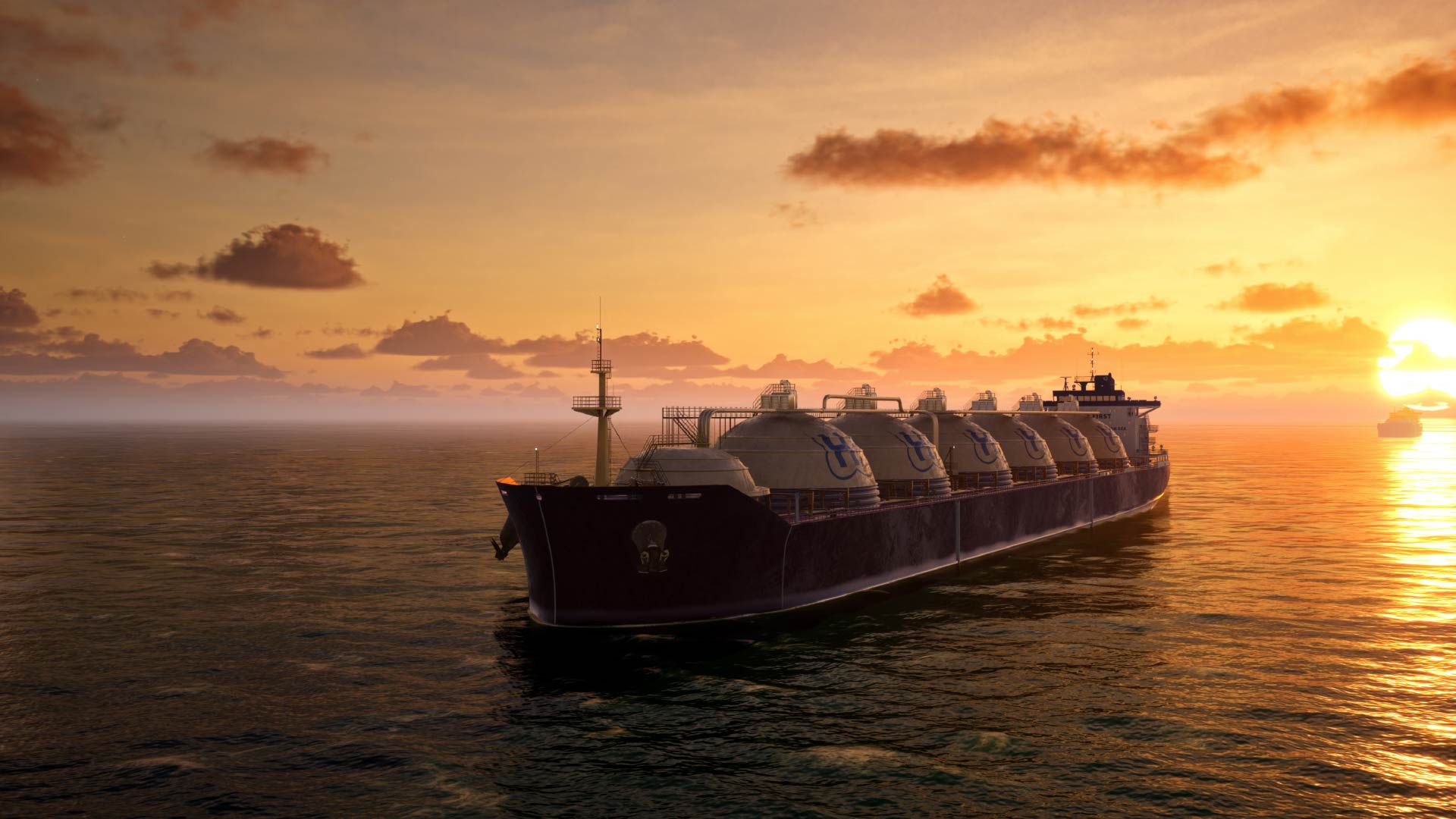Top Buyer Priorities For Climate Change Consulting: Technical Projects And Climate Disclosures

Alice Saunders
Demand for climate change consulting services is growing, due to increasing stakeholder and regulatory pressure, in addition to growing awareness of the materiality of climate-related risks. In our 2023 market size and forecast report, we calculated that the market is expected to reach $34.8 billion by 2028, at a CAGR of 29%. Considering this growing spend over the next few years, there are significant opportunities for consulting firms. In our recently published global corporate survey of 151 executives provided an opportunity to dig into where and why buyers are expecting to increase spend on climate change consulting services.
Across the surveyed firms, we found that:
- Demands from the C-Suite and operational leaders are driving spend.
Pressure from the C-Suite and operational leaders, such as head of procurement or head of EHS, emerged as top reasons for boosting climate change consulting budgets, with around a quarter of respondents considering both factors to be very likely drivers of spend. CEOs and operational leaders are recognizing the value in net zero and climate risk initiatives – as well as the business risks that inaction will create. For example, the World Economic Forum Alliance of CEO Climate Leaders, formed to support business-led climate solutions with around 50 executives in 2015, now covers over 120 firms, such as ENGIE, IKEA and Swiss Re.
- Organizations are prioritizing technical consulting projects.
Nearly half of respondents consider technical consulting projects, such as greenhouse gas emissions footprinting and climate scenario analysis, to be their number one priority over the next two years. By contrast, implementation projects are only a number one priority for 29%. Buyers are engaging not only due to demands from executives and leaders but also because of difficulties in hiring climate experts and the increasingly complex components of disclosures. However, firms would do well not to oversimplify their consulting requirements. Technical analysis must subsequently be translated to strategy and implementation work, to see tangible business outcomes.
- Buyers are increasing spend on climate disclosure management by approximately 23%.
Firms are planning to invest in climate reporting consulting projects, with a quarter of surveyed organizations looking to increase spend on consulting services in 2024 by over 50% year on year. Respondents are commonly engaging consultants to work on broad projects directed at, for example, CSRD compliance, which incorporates a wide range of components and types of analysis. Organizations undertaking climate disclosure management projects include both those wishing to do so as a tick-box exercise and those seeking to build on solid foundations of carbon data management and accounting, and climate scenario analysis.
In the full report and webinar we share not only insights from the full sample but also zoom in on the respondents raising budgets the most going into this year, getting into the granular detail on where the largest amounts will be spent.
About The Author

Alice Saunders
Industry Analyst





